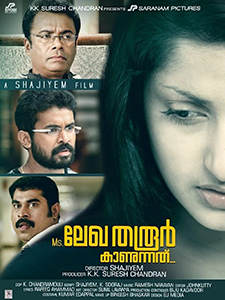
Tharoor’s remarks appeared in an essay titled “Indian Politics Are a Family Business”, published through the international forum Project Syndicate, where he cited the longstanding dominance of the Jawaharlal Nehru-Indira Gandhi-Rajiv Gandhi-Rahul Gandhi-Priyanka Gandhi Vadra family as emblematic of how leadership can be perceived as a birth-right rather than a responsibility earned. He argued this trend limits the talent pool, constricts party renewal and leads to governance deficits.
The Bharatiya Janata Party seized on Tharoor’s article, with party spokespersons welcoming his critique and suggesting that it exposed structural weaknesses within his own party. One BJP leader observed that Tharoor’s positions were “based on his experience” and indicated they struck at the heart of Congress’s legacy politics.
Within the Congress, the response was swift and pointed. MP Pramod Tiwari defended the Nehru-Gandhi lineage, stating that leadership was rooted in “sacrifice” and “ability” rather than mere familial ties. He challenged the idea of dynasty in the way Tharoor described, asking rhetorically which other family in the country had shown comparable dedication and capacity.
At the same time, senior leader Udit Raj offered a broader critique, noting that dynastic influence is not unique to one party but is a phenomenon across sectors—politics, business, judiciary—with familial succession often serving as the default rather than the exception. He cited examples across multiple parties to illustrate that inherited advantage, rather than open contestation, frequently governs access to power.
Analysts charting the fallout suggest that Tharoor’s essay has exposed fault lines between the Congress high command and reformist voices advocating internal democracy. His status as a globetrotting intellectual and diplomat-turned-MP is seen as part of what allowed him to raise this issue, though it has inevitably placed him at odds with entrenched party norms.
Political observers note the timing is delicate: the Congress is preparing for multiple state polls early next year, and the party leadership projects Rahul Gandhi as central to its strategy. A public critique of the leadership model therefore risks undermining the party’s unified projection, even as it may appeal to supporters clamouring for renewal and generational change. The BJP, by contrast, has used the moment to reinforce its critique of the Congress as a family-run party and to contrast it with its own emphasis on merit and “non-dynastic” leaders.
Tharoor’s prescription calls for systemic reform: internal elections in parties, transparent candidate selection processes, term limits, and stronger grassroots engagement to ensure leadership emerges through merit rather than inheritance. He warns that continuing the current model may erode voter trust, limit talent and weaken accountability.
